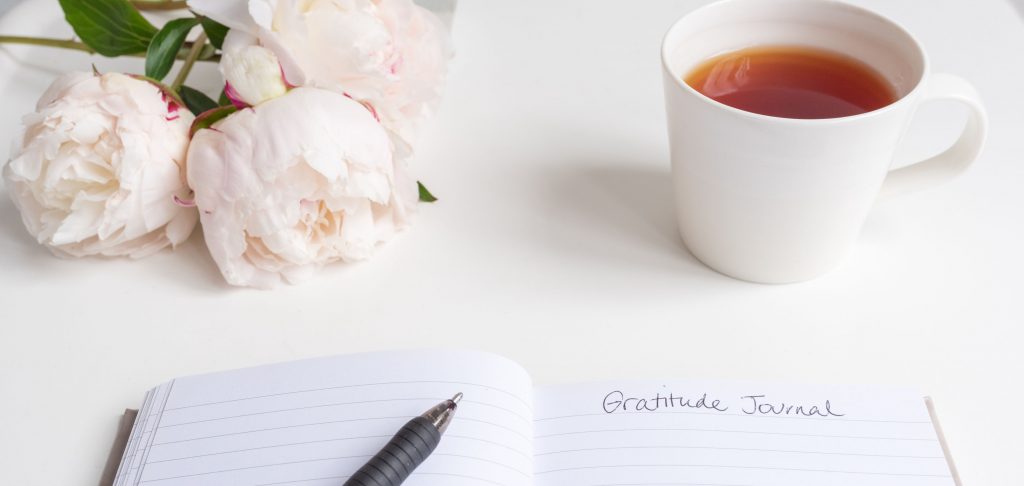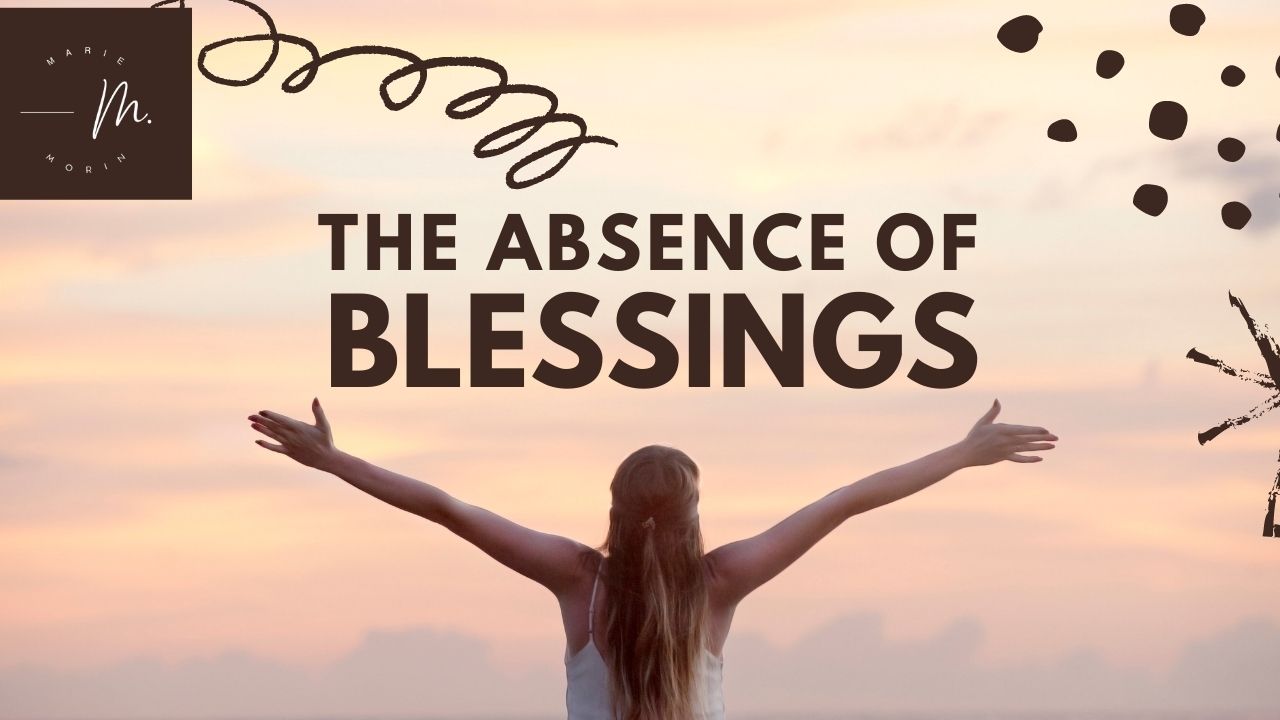Have you ever stopped to wonder what life would be like if your significant other were not in your life, ever? If you are in a thriving relationship with regular ups and downs, you may realize how very much you appreciate that life brought you together. The idea behind the exercise called “The absence of blessings” contemplates what life would be like without that special someone. The practice also works with events, including momentous occasions, serendipitous meetings, the birth of a child or children, promotions, graduations, or any meaningful time.
Intentionally giving Gratitude your best brings about positive personal, social and emotional life-changing attributes. People change for the better. This article discusses the exercise, the absence of blessings, and how gratitude journaling can change your life.
The Absence of Blessing
In the book Gratitude Works, Robert Emmons explains the seven gratitude journaling exercises and their benefits. Emmons’s findings point to how using the activities in a 21-day gratitude journaling challenge can profoundly affect your life. Practices such as the three blessings, to whom and for what, the gifted self, looking to the future (scarcity), the absence of blessing, the gratitude letter, and bad to good. Each of the seven views the practice of feeling appreciation and Gratitude from a different perspective. The absence of blessings exercises views Gratitude in terms of more or less.
For example, you may ordinarily think of the most grateful people during your journaling time. You might think I am thankful for my parents, my spouse, and or my promotion, and my upcoming vacation. In this exercise, rather than recite a list, break down the appreciation by pondering on what life might be like without that person or that event.
What Would Have Happened if?
Then contemplate the absence of it by mentally subtracting that experience or person from your present affairs. Imagine what life would be like without that experience or person.
Be still and pay close attention to the nuances of your thoughts. Do you remember critical moments? What are you feeling? Be open to all of it. Is there joy, sadness, and or thankfulness? Are you feeling lucky or blessed that this person and or experience is in your life?
The exercise helps us to reacquaint possibilities with the blessings we have today.
When you do begin to write, be specific. Explore and elaborate your thoughts on paper with as much meaning and emotion that suits you. The more honest you are here, the better.
What if My Most Meaningful Experience Never Happened?
When writing about the absence of a meaningful experience, write about how this experience might not have happened. The Dutch scientist Nico Frijda states: “constantly being aware of how fortunate one’s condition is and how it could have been otherwise or was otherwise before rekindles recollection and imagination.” Imagine what life would be like if it never happened? What would be going on today? Try to find the surprises you have had. How would you feel? Are you noticing how grateful you are feeling? Write with as much specificity as possible. Allow yourself time to be still, notice, and let it out on paper. Your heart knows what to write. Let it guide you here.
Likewise, let go of the inclination to be guided by taking events or persons for granted. Instead, opt to appreciate the event or the person. People usually think in mental comparisons. When you focus on the things you might miss out on and complain, you feel regret which can be counterproductive. You can decide how you will view our comparisons. We can choose to remind ourselves how much worse life might have been. Gratitude is life-changing. Reframe your thinking so that your lens highlights the blessings instead of lost.
What Lens Do You Choose to Wear?
Think of the people or experiences you might apply this absence of blessing exercise.
Write about it; what would life be like without this person? Take time to ponder this
Take time to think in terms of feeling appreciation and sentiments of goodness.
Describe what it feels like when you feel positive emotions. Go to this place in your thoughts and your body. Describe in detail, be specific.
The Life-Changing Habit of Gratitude Journaling and the 21- Day Gratitude Journal Challenge
How Do I Get Started with Gratitude Journaling?
Do the exercise, the absence of blessings on days five, twelve, and nineteen. Check out the 21- Day Gratitude Journal Challenge Document to find out how to assess so that you can measure your progress. Find a journal you will want to use; you can add different pens if that helps you get inspired to do the bulletin. Set aside ten to fifteen minutes to do the exercises. Allow yourself the gift of first draft writing; try not to get caught up with grammar and spelling. Just write from your heart. Write the emotions, feelings, sensations, and anything else that comes up for you as you investigate. For optimal results, follow R
Robert Emmons 21-Day Gratitude Journaling Challenge. It is easy and highly effective.
Ten Minutes a Day to Life-Changing Effects
Gratitude journaling ten minutes a day can have profound effects. People who spend enough time in silence and solitude to contemplate their level of appreciation benefit from extraordinary positive attributes. For example, they are more generous, they go out of their way to help people, and they are more abundant. Is it any wonder? People who take the time to attend and purpose to see the good behave positively towards others
More Energy, Goal achievement, Less Stress
Those who make it essential to follow this daily habit of gratitude journaling have more energy and achieve their personal goals. Interestingly, they are also better able to handle everyday stressors and likely to heal from emotional trauma. Perhaps this has to do with their ability to appreciate and linger in the momentary pleasures they gain from ordinary things.
Let’s not forget the positive outcome of being more resilient, having secure self-worth, and having more confidence.
Want More Secure and Loving Relationships?
Practicing gratitude journaling affects how you view your circumstances. Perhaps that is why having the gift of Gratitude allows for more secure and loving relationships. When conflicts arise, pausing when the dust settles and applying the principles of Gratitude, color your lens away from the onslaught of negative thinking. It is not a magic pill but a great guideline to see your relationships with others with appreciation. When conflicts arise, it is not the end of the world but a necessary bump in the road.
Gratitude Works
In the book Gratitude Works, Robert Emmons explains the seven gratitude journaling exercises and their benefits. Emmons’s findings point to how using the activities in a 21-day gratitude journaling challenge can profoundly affect your life. It is about the lens you choose to wear. Are you willing to learn how to reframe your circumstances, relationships, and life? Gratitude journaling uses various exercises to contemplate the beauty of being grateful. Multiple noteworthy benefits accrue from this practice, such as social, emotional, and relational upgrades. This article discusses the exercise, the absence of blessings, how gratitude journaling can change your life.


Join Our 21 Day Gratitude Journal Challenge
Fill up the form below to download your FREE Guide on How to Start a Gratitude Journal Challenge!









